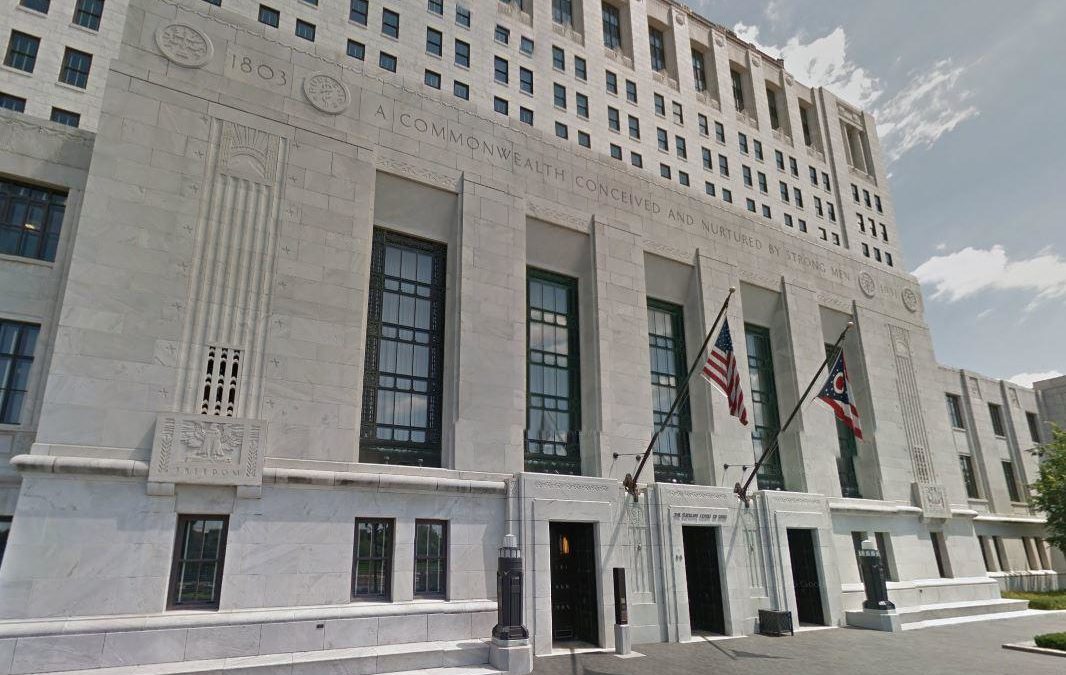Several new changes to the Ohio Rules of Civil Procedure took effect on July 1, 2020. These amendments were designed to make Ohio’s rules more consistent with the Federal Rules of Civil Procedure. A few amendments are particularly noteworthy. First, Rule 4.7 now includes a provision for waiver of service of process. Second, Rules 26(B)(3) and 26(B)(1) alter pre-trial discovery practices in civil matters.
Ohio Now Allows for Waiver of Service in Civil Actions
Federal Rule 4.7 offers a “waiver of service” option for all civil actions, and now Ohio’s Rule 4.7 allows for the same opportunity. A waiver of service by the plaintiff eliminates the requirement that the clerk of court issue formal service. If the defendant refuses to sign the waiver, they can be held responsible for the cost the plaintiff incurs to formally serve them. However, if the defendant signs the waiver, they have a full 60 days to answer the complaint, rather than the usual 28 days. This creates procedural efficiency for plaintiffs and rewards cooperative defendants with additional time to answer a complaint.
Initial Disclosures are Now Mandatory in Ohio
Ohio’s new Rule 26(B)(3) and Rule 26(B)(1) encourage early, open discovery between the parties. Rule 26(B)(3) now requires mandatory initial disclosures. Under the new rule, parties must disclose key information before the first pre-trial conference, including the identity of witnesses, copies of documents that support their claims or defenses, a calculation of damages, and a copy of any insurance policies that may apply.
Discovery Must Be Proportional to the Needs of the Case
Meanwhile, the revised Rule 26(B)(1) limits discovery to non-privileged and relevant matters “proportional to the needs of the case.” Whether discovery is proportional to the needs of the case will be based on the following factors: a) the value of the case; b) the resources of the parties; and c) whether the burden of the discovery outweighs its likely benefit. This new proportionality requirement replaces the previous rule, which allowed discovery on topics “reasonably calculated” to lead to admissible evidence. Consequently, the scope of relevant discovery is much narrower under the new Rule 26(B)(1).
In addition to the most notable changes to the Ohio Rules of Civil Procedure mentioned above, the rules governing criminal, appellate, and juvenile proceedings were also amended this year. The full set of amendments can be accessed here. At Crabbe, Brown & James, our attorneys stay up to date on important changes to ensure their clients avoid outdated pitfalls and receive all legal benefits afforded by changes in law and procedure.

